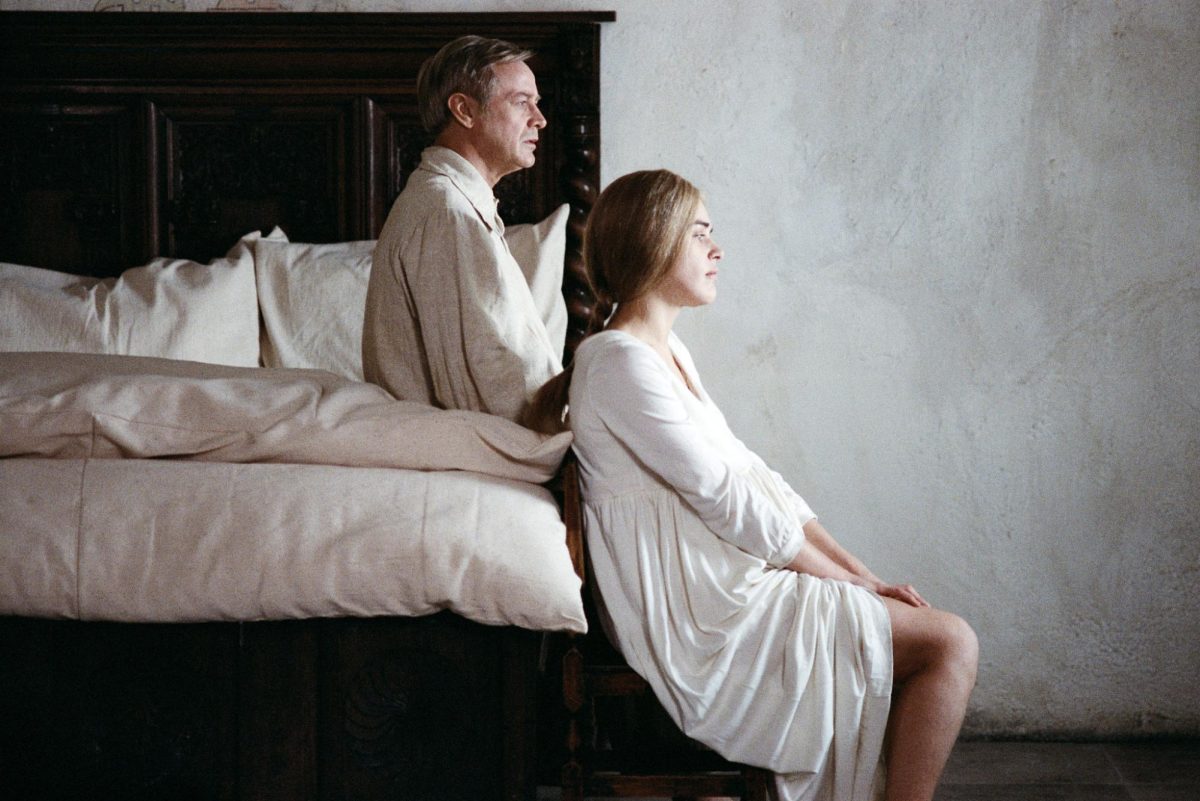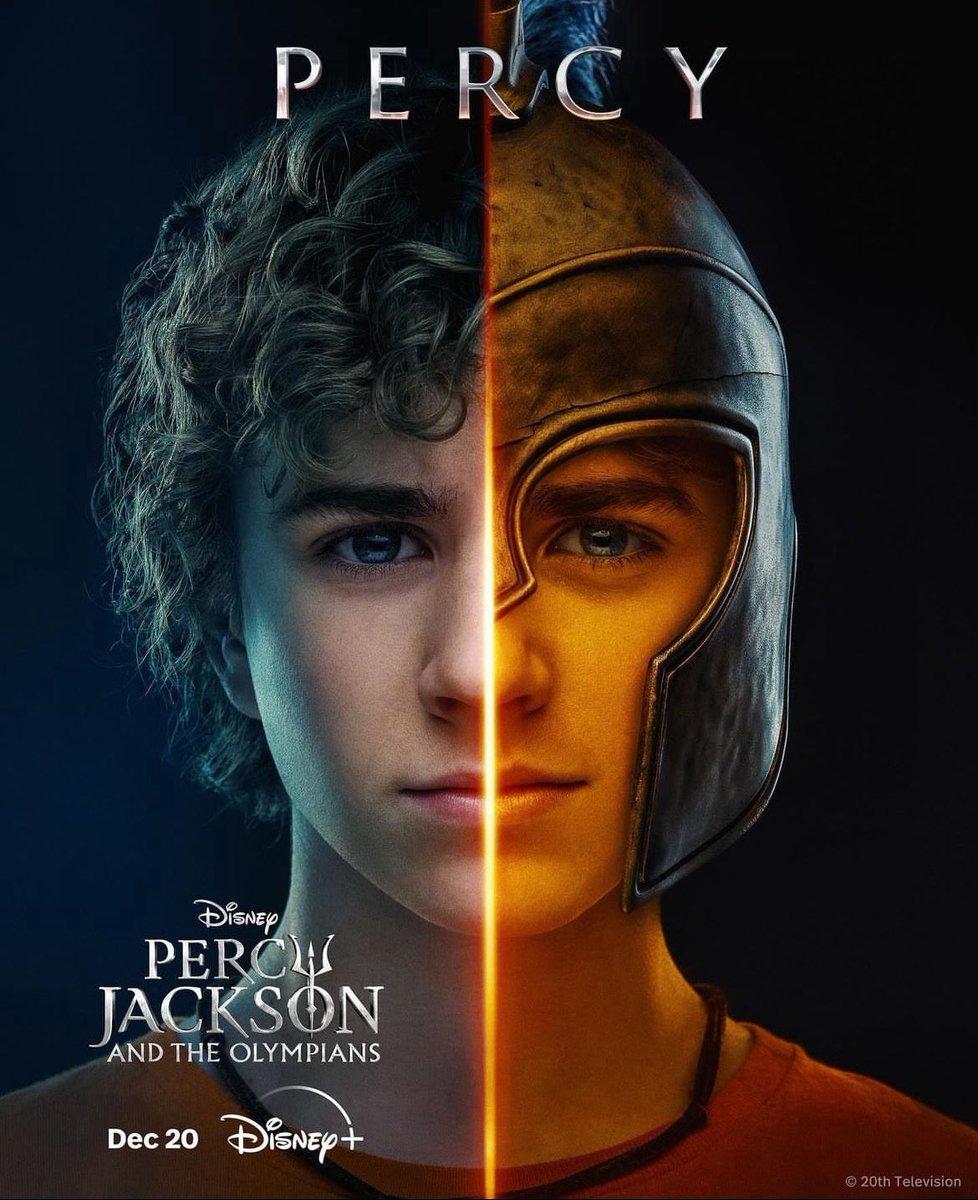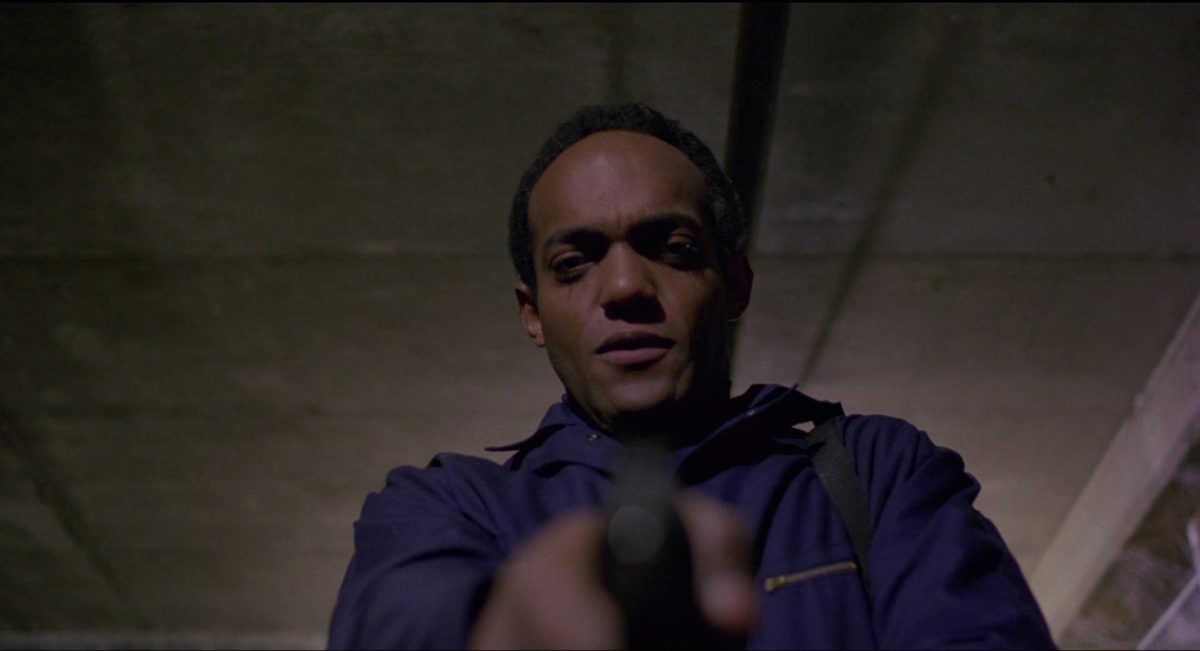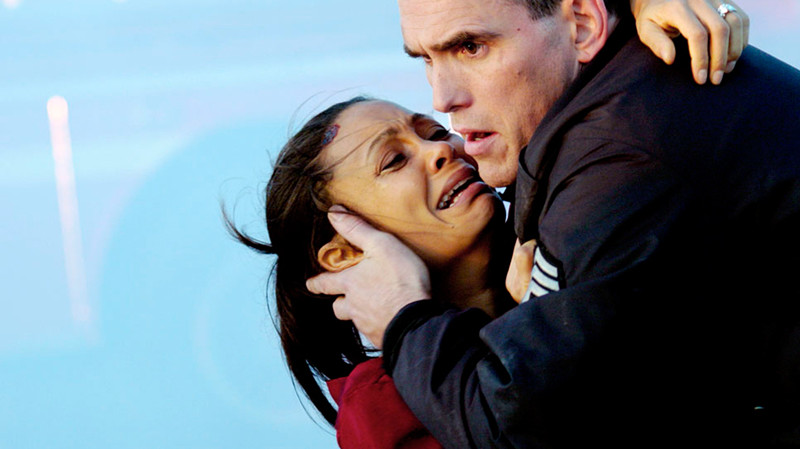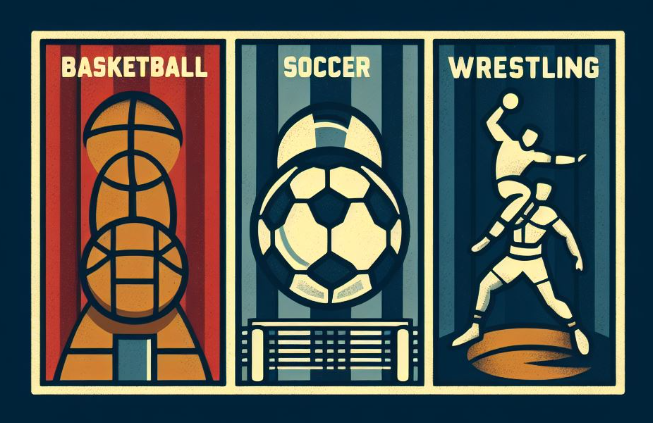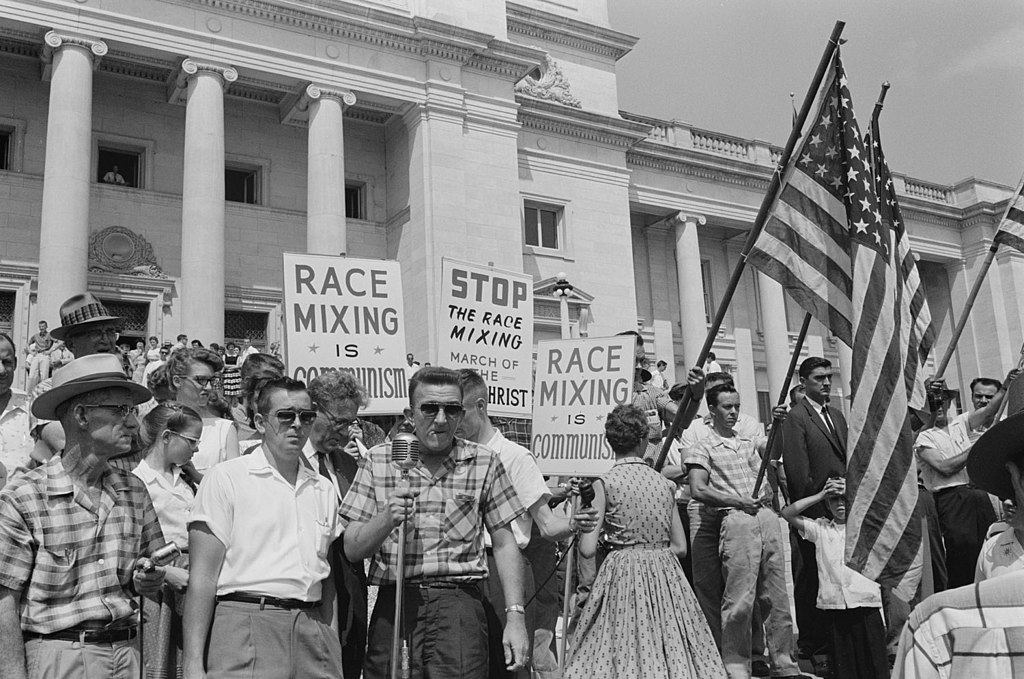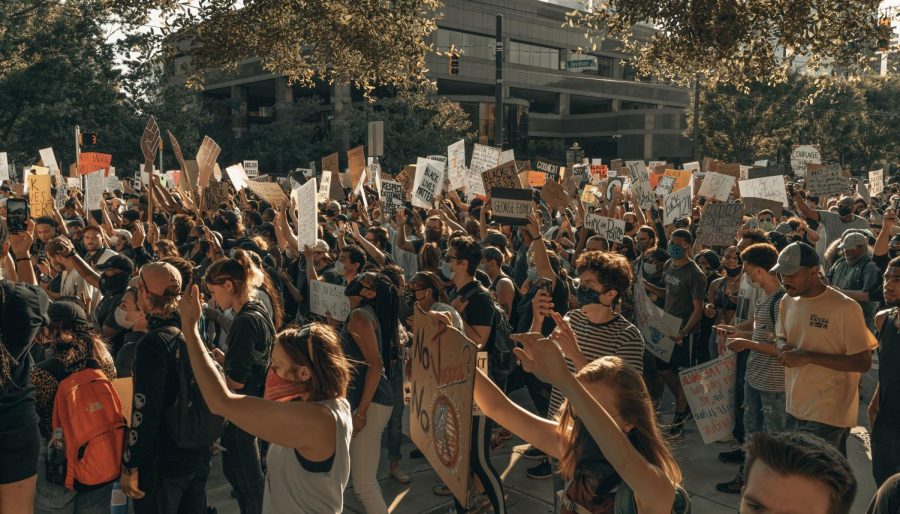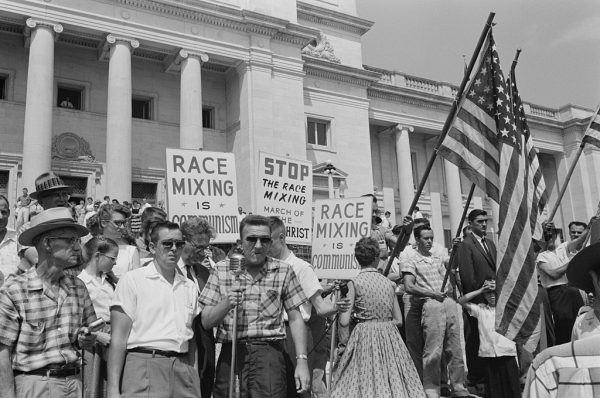What Is the Writers’ Strike and How Will It Affect Hollywood
May 15, 2023
On May 1, the Writers Guild of America (WGA) announced and went on strike. This is after weeks of failed negotiations with the Alliance of Motion Picture and Television Producers (AMPTP). While there are numerous reasons for the strike, it will negatively affect many shows that are currently in production or were supposed to start production soon. These are the shows that are already being affected and what it is the writers are asking for.
While shows that had a finished script before the strike can continue production, many will not due to the need for writers during all stages of production. This is because of rewrites, a fundamental process for any show or film. Writers will continue to work on set to rework or change scenes as necessary. But, with writers on strike, rewrites can’t happen. Some shows will continue to film but will have no writers on set. George R.R. Martin, author, and writer for Amazon’s The Rings of Power, stated on May 7 that the show’s existing script, “…must be shot EXACTLY as they were as of midnight on May 1. Not a word can be changed, cut, added, not a scene can be altered.”
Shows that are currently in production have already halted, including Severance, Evil, and Billions. Late-night shows will also stop production, which includes Late Night With Seth Meyers, The Late Show With Stephen Colbert, The Tonight Show Starring Jimmy Fallon, Jimmy Kimmel Live!, and The Daily Show. This is due to not only these shows requiring writers, but that most talk show hosts are members of the WGA.
Many shows that were expected to start filming have paused production, including popular shows such as Yellowjackets, Saturday Night Live, Cobra Kai, and Abbott Elementary. The filming of Stranger Things’ fifth season has also been delayed as the Duffer Brothers announced that filming for the new season will not begin until the writers’ strike is over.
In retaliation, studios are suspending deals with writers and creators; this includes HBO, NBCUniversal, Disney, and CBS Studios.
All of this is happening after failed negotiations between WGA and AMPTP (which represents most major studios). Writers are demanding higher pay as well as a stable pay structure, better contracts, and provisions for artificial intelligence. As AI becomes more mainstream, it is a threat to many writers that AI will be used for scripts. This would take away many jobs for real writers, as well as the fact that AI relies on other writers’ material to create new scripts.
Chris Keyser, the negotiating committee co-chair of the WGA, stated on the organization’s website, “We have reached this moment today not of our own choosing but because the companies’ assault on writer income and working conditions have pushed us to an existential brink.”
Writers’ wages have been going down due to the popularity of streaming services as streamers pay very little in residuals. Writers used to make much more from reruns and re-releases, but streaming has changed that. Shows made by streamers are not only shorter but typically aren’t as often renewed as when we were in the cable era. With shows running for shorter periods of time, this means writers have to quickly move from one job to the next. Wages haven’t been going down just recently, over the last decade writers’ wages have decreased by 23% (when adjusted for inflation).
Another concern of WGA is how streaming has changed writers’ rooms. There has been a rise in “mini-rooms” which are smaller writers’ rooms that hire fewer writers for shorter periods of time (along with less pay). Once writers could have a secure job for several months or over a year, but with streaming and “mini-rooms” they may only have a job for a few weeks.
The problems caused by the writers’ strike could be astounding for current TV shows as well as movies. The last time a writers’ strike occurred was in 2007, and it lasted for 100 days. The 2007 strike cost the LA economy $2 billion dollars and only ended after the WGA negotiated a fairer contract with the AMPTP.
Possibly one of the biggest concerns by show-runners and viewers alike, is how many of the hit shows during 2007 suffered greatly during the strike. Shows such as Grey’s Anatomy, 30 Rock, Friday Night Lights, Breaking Bad, The Big Bang Theory, Supernatural, Family Guy, and The Office all struggled with shorter seasons but some shows aired their worst seasons ever. Many shows were completely canceled due to the strike, as well.
Many celebrities have already voiced their support for the strike, either because they understand the importance of writers or are members of the WGA themselves. Such celebrities include Rob Lowe, Tina Fey, Seth Meyers, and Pete Davidson. The strike has affected other events, as Drew Barrymore pulled out of the MTV Movie & TV Awards. This left the show, which occurred on May 7, to go on with no host and no red-carpet access.
Writers are necessary for every TV show or movie. They are demanding respect in their profession and to be paid what they deserve. As shown by the past writers’ strikes, strikes can go on for a long period of time and disrupt many hit shows. Studios can try to scare writers back into the writers’ room, but all the writers want is to be properly compensated for their work. As viewers, we must understand that if our favorite show gets taken off the air, that is due to the actions of big studios, not the writers. Time will only tell how long this strike lasts, but the writers aren’t backing down.






